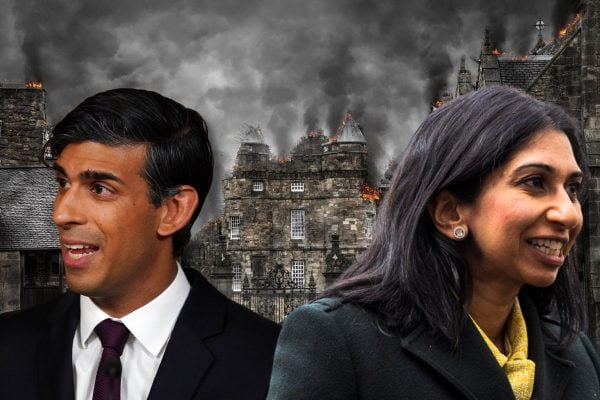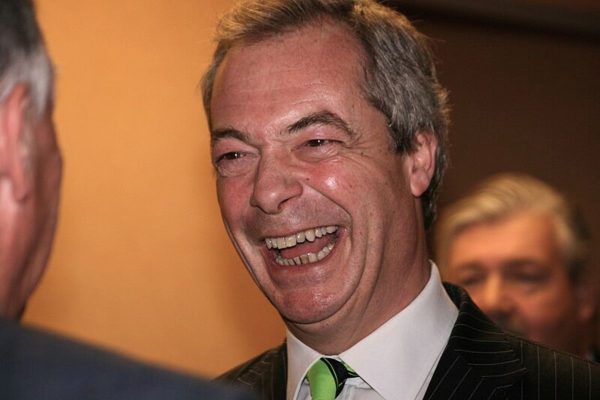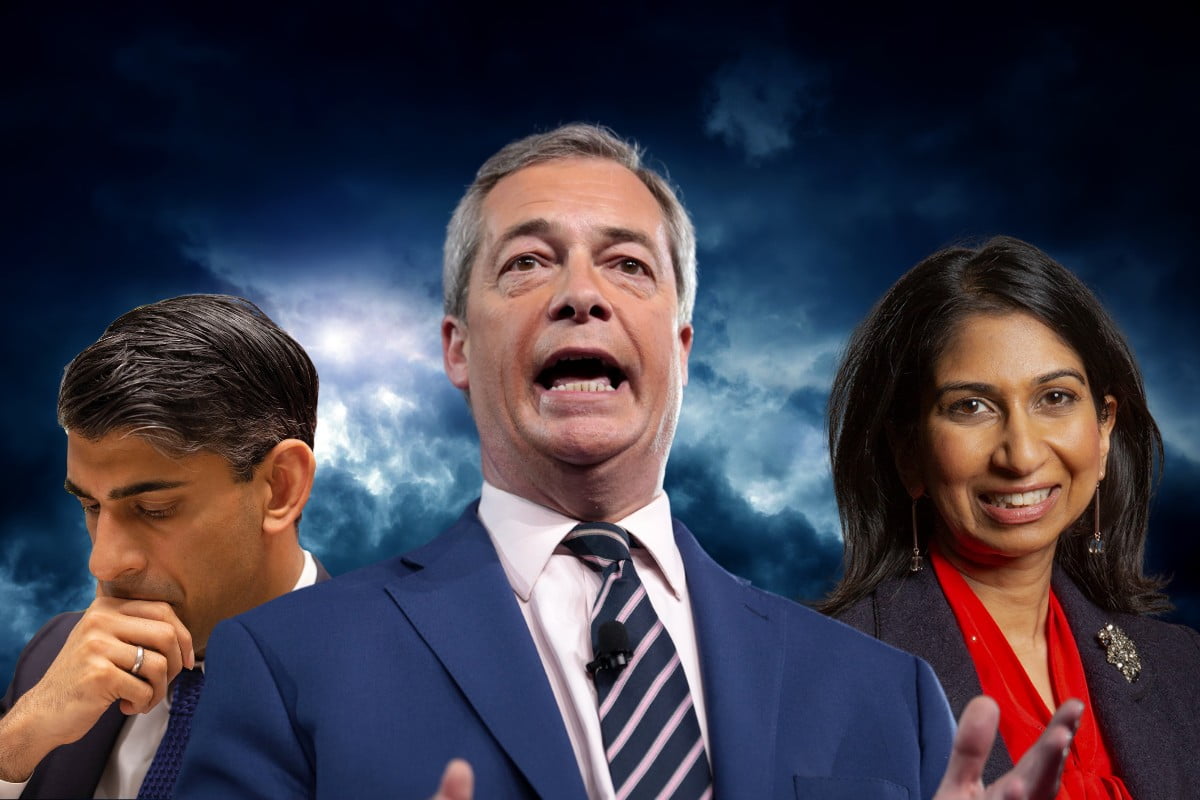The Tory Party is shell shocked, having received the worst general election result in its history. It has lost hundreds of MPs. It is despised by most of the population – and it knows it.
This means that a big question mark hangs over its future. It is even possible that this party – by some measures the oldest political party in the world – will cease to exist. This fate has befallen similar parties in other countries in recent times.
The presence of Nigel Farage in Parliament, who openly wants to cannibalise the Conservative Party into his own Reform UK, will exert an enormous gravitational pull on the Tories. Can they escape his reach?
Civil war
The Tory Party has been deeply divided for a very long time. This division is essentially between the traditional big business controlled ‘moderate’ side of the party, and its nationalistic, petty-bourgeois wing, whose base is in the rank-and-file of the party.
The increasingly open warfare between these wings is an expression of the crisis of British capitalism, and the loss of control that the capitalist class has experienced as a result.
Rishi Sunak was imposed by the establishment in an attempt to smooth over this divide. But the party’s colossal electoral defeat will act to catalyse and further intensify this civil war, and make its outcome much less certain.

The party will now have a leadership contest. But no one knows how this will be conducted. The Tories’ ‘1922 committee’, which determines how each contest is run, has itself only just concluded a leadership contest, after its previous leader stood down from Parliament.
Many of the MPs who were expected to run to lead this body have now lost their seats. So no one knows how this committee will determine the timing and rules of the leadership election.
Initial reports suggest that the race to replace Sunak could drag on for a number of months, until the autumn, with the former prime minister staying in place as caretaker Tory leader in the meantime.
There are also rumours that there may be no vote from the membership in the leadership election. This would be something pushed by the big business, establishment wing of the party, in an attempt to prevent it from electing a pro-Farage populist leader.
This will probably not happen, however, as it could cause the wholesale defection of many members, councillors, and even MPs to Reform UK, enabling it to start replacing the Conservative Party as the main opposition to the Labour government.
Collapse of the centre ground
Many Tories have noted that the Labour vote was much lower than polls anticipated. They can see that Starmer is not popular. They know he will rapidly lose support in government, because his programme is to continue austerity.
‘Centrist’, pro-big-business MPs think this means that the party can re-establish support so long as they remain ‘sensible’ and appeal to the alleged centre ground of British society. In this, the strategists of capital will support them.
But the Tories are heavily discredited, and will remain so for some time. The leadership contest will present a spectacle of chaos and conflict to the electorate, which will also undermine their support.
Above all, the centre ground has vanished. There is widespread disgust at mainstream politics, and an enormous polarisation to the left and right.
Farage’s ambitions
For this reason, Farage’s Reform UK will stand a good chance of being able to, in a demagogic fashion, pose as the real opposition to Labour, by channelling some of the anti-establishment mood in society.

Farage is clear that his aim is to be the “real opposition” and “build a mass movement for real change”.
His party is internally a shambles, however, with no real branch structures or formal membership.
That is why his aim is to absorb the Conservative Party, or a big chunk of it, into his party – to provide the structures and experience needed to help him become prime minister in one or two elections’ time.
The Tory membership is already very keen on Farage and his reactionary politics. This will only have been strengthened by their party’s historic loss, and the fact that Farage now sits in the House of Commons.
Although the leadership contest will be a vicious, hard-fought contest, it is therefore most likely that the victor will be from the hard right of the party: one that is open to working – or even merging – with Reform UK.
Revolutionary alternative

Such a scenario will be explosive. It will radicalise the working class and youth, who are completely disenfranchised.
A large layer of the youth will see this spectacle of a right-wing Labour government, and a racist opposition, and turn instead to revolutionary ideas for a way out.
We must build the Revolutionary Communist Party as quickly as possible, so that we can become a magnet for these layers – and, ultimately, become a real revolutionary opposition to the sham of Westminster politics.






